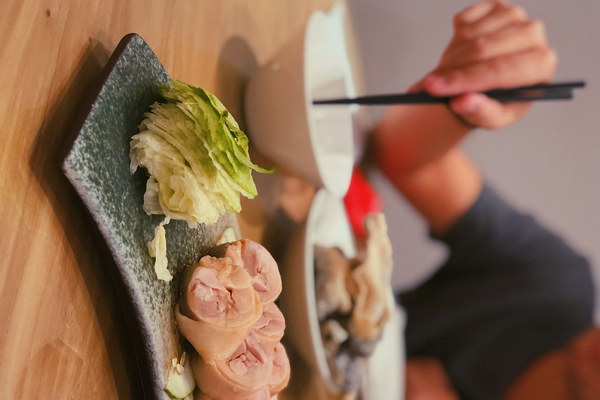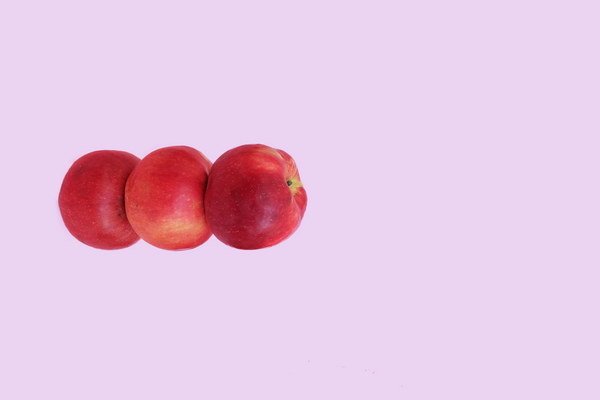The Miraculous Lung Cleansing Herb Unveiling the Wonders of Qing Fei Cao
In the vast world of traditional Chinese medicine, there lies an extraordinary herb known for its remarkable lung-cleansing properties. This herbal marvel, often referred to by its alias, Qing Fei Cao, has been a staple in Chinese herbal remedies for centuries. In this article, we will delve into the fascinating world of Qing Fei Cao, exploring its origins, benefits, and applications.
Origins and Botanical Description
Qing Fei Cao, also known as the Lung Cleansing Herb, is a versatile and highly esteemed herb native to China. It belongs to the genus Isatis and is primarily found in the northern regions of the country. This herb boasts a deep blue-green color, with long, narrow leaves that resemble those of the mustard plant.
The roots of Qing Fei Cao are the most valuable part of the plant, as they contain the highest concentration of active compounds. These roots are harvested during the autumn season when the herb is at its peak in potency.
Benefits of Qing Fei Cao
The Lung Cleansing Herb, Qing Fei Cao, is renowned for its numerous health benefits, particularly its ability to purify the lungs. Here are some of the key advantages of incorporating this herb into your wellness routine:
1. Lung Detoxification: Qing Fei Cao has been used for centuries to clear the lungs of toxins and impurities. It helps to reduce inflammation and improve respiratory function, making it an excellent herbal remedy for conditions such as asthma, bronchitis, and allergies.
2. Immune System Support: The herb contains powerful antioxidants that bolster the immune system, helping to ward off infections and illnesses. It can also help to alleviate symptoms of common colds and flu.

3. Antiviral and Antibacterial Properties: Qing Fei Cao has been found to possess antiviral and antibacterial properties, making it an effective treatment for respiratory infections.
4. Antioxidant and Anti-inflammatory Effects: The herb's antioxidants combat oxidative stress and inflammation in the body, which can lead to various chronic diseases.
5. Detoxification: In addition to its lung-cleansing properties, Qing Fei Cao helps to detoxify the liver, kidneys, and digestive system, promoting overall health and well-being.
Applications of Qing Fei Cao
The Lung Cleansing Herb can be used in various forms, including teas, tinctures, capsules, and poultices. Here are some common applications:
1. Tea: Brewing a cup of Qing Fei Cao tea is a simple and effective way to enjoy its benefits. The tea can be prepared by steeping the dried roots in hot water for several minutes.
2. Tincture: A tincture of Qing Fei Cao can be taken internally to support respiratory health and immune function. The concentrated extract is often diluted with water or another liquid before consumption.
3. Capsules: For those who prefer a more convenient option, Qing Fei Cao capsules are readily available in health food stores. These capsules provide a standardized dosage of the herb, making it easy to incorporate into your daily regimen.
4. Poultice: A poultice made from Qing Fei Cao can be applied topically to relieve respiratory discomfort and inflammation. The paste can be applied to the chest or back and covered with a warm cloth.
Conclusion
The Lung Cleansing Herb, Qing Fei Cao, is a powerful and versatile herbal remedy with a long history of use in traditional Chinese medicine. Its ability to detoxify the lungs, support the immune system, and provide antioxidant and anti-inflammatory effects make it an excellent addition to any wellness routine. By exploring the origins, benefits, and applications of Qing Fei Cao, we can appreciate the wonders of this remarkable herb and its potential to improve our health and well-being.









